Family of Choice. Kith and Kin. Chosen Family. Ka-Tet. Whatever you choose to call it, found family is a trope for which I am very thankful. It’s not easy to pull off effectively, but when it works, it works. If you’re reading this blog, chances are you’re already familiar with this literary trope. Even if you don’t recognize it by name, you will probably know it when you see it.
Simply put, it’s when a group of people who are not biologically related form a social group that functions like a family. Often the individual members of this group are from vastly different backgrounds. That just makes the bonds they share that much more unique and rich.
Sound familiar? A lot of fictional stories lean into this type of association, and let me tell you, I am here for it. This trope is so near and dear to my heart that it wasn’t until my fifth novel that I realized a family of choice was a central theme of every book I’ve written. I’m on novel number seven now, and it’s still going strong. I honestly tapped into this idea without consciously thinking about it. It was just the way I thought stories should be told.
As Thanksgiving is only a few days away, a time that is often devoted to family, whether related by blood or not, I thought I would explore this trope, citing examples in science fiction, and talk a little about why it works so well in the context of the story.
Firefly
So, I almost put Buffy: The Vampire Slayer on this list. Having had to do a deep dive into the lore of that TV show for one of my past jobs, as well as being a fan in general, I know a lot about it. But, if we’re going to go with just one of Mutant Enemy’s productions, Firefly has to be the quintessential found family for me (Nothing against the Scoobies; I will love them forever). Firefly is the show I think of immediately when I hear the term. That’s how well this tragically short-lived series managed to pull it off.
One of the ways it accomplished this is by making the ship Serenity a home. The show and the movie go out of their way to establish this, and it works incredibly well. Everything from the decorations in the galley, almost certainly put there by Kaylee, to the little touches we see in everyone’s personal quarters, tells us that Serenity is home for these characters.
Mal gives a brilliant speech at the end of the movie before they take off that really sums it up, which is set to one of my favorite musical movie cues.
“Love. You can learn all the math in the ‘Verse, but you take a boat in the air that you don’t love, she’ll shake you up sure as the turnin’ of worlds. Love keeps her in the air when she outta fall down. Tells you she’s hurtin’ before she keens. Makes her a home.”
Because the ship is so well established as being home, my favorite scenes are when our big damn heroes are sitting around the table. Each character is from a very different background, but here they are sitting together as one. As Mal states at one point, they each came to Serenity for their own reasons. They don’t always get along, some (*cough* Jayne *cough*) aren’t above betrayal, but when they all come together to break bread at the table in the galley, it’s magical. This is just one of the reasons that “Out of Gas” is my favorite episode of the series.
There’s just something fundamentally human about sharing a meal with one another. It’s also why the idea of a found family is one I associate strongly with Thanksgiving. Sitting around the table, eating, is the whole point. To me, Thanksgiving boils down to what’s most important, and to some degree a found-family approach to storytelling does exactly the same thing.
The Mandalorian
I know that Star Wars has always had a family dynamic to it. One of the most famous lines in cinema is about Darth Vader being Luke’s father. But in the Skywalker Saga, it’s about who you’re biologically related to, whether you want to be or not. Rey, I’m looking at you.
Yet in The Mandalorian, we get a true dose of found family with Mando (Din Djarin) and Grogu. There’s no biological link there. The bond that the two of them share is entirely outside of blood, yet it’s definitely there.
What I love about this dynamic, however, is how that relationship changes Mando from a cold, detached bounty hunter to a parent figure. He delivers the kid to the Imperials, then Mando has a change of heart, to go back to spring the kid from custody. Every professional instinct Mando had told him to just walk away, but the orphan in him, the foundling, couldn’t let an innocent be consigned to such a fate.
This leads to the two of them being dubbed “a clan of two.” Considering that most of Mando’s enclave is wiped out a short time later, AND he’s summarily kicked out of the remaining Mandalorians for having taken off his helmet, Grogu winds up being the only family Mando has left. When the kid is kidnapped, Mando goes through hell and high water to get him back.
Still, throughout his samurai-esque adventures, Mando helps and befriends a lot of people like Cara Dune, Boba Fett, Greef Karga, Ahsoka Tano, Bo-Katan, Cobb Vanth, and others. Not all of these characters are destined to become close to Mando, but one of my favorite moments in The Book of Boba Fett was when Mando opts to help Boba Fett without payment. Mando is willing to put his life on the line to help out a fellow Mandalorian, perhaps someone he sees as a brother.
I guess it goes to show that family can go beyond blood in the Star Wars universe. Unlike the other two entries on this list, this story is still unfolding. So, now that Din and Grogu are together again, I’m eager to see where Season 3 takes the duo, and how they will continue to expand upon their familial relationship. It’s been a joy to see it come together and play out on screen, and I look forward to more.
Star Trek: TOS (Movies)
No list of found families would be complete without some mention of Star Trek. While practically every version of Star Trek deals with this trope to some degree, I think it comes through the clearest in the six Original Series movies. It’s easy to point to Wrath of Khan, specifically the scene where Spock dies saving the Enterprise. While that scene and the resulting funeral hit like a freight train, it’s actually the sequel that really drives this home for me in Star Trek III: The Search for Spock.
Dealing with the loss of Spock, and finding that Dr. McCoy is slowly losing his grip on reality due to a Vulcan mind-meld, Kirk endeavors to steal the Enterprise and go back to the Genesis planet. He enlists his crew to help in this. They all know full well that it will be the end of their careers. There’s that moment just before the Enterprise warps away from spacedock that Captain Styles sends a message from Excelsior, “Kirk, if you do this, you’ll never sit in the captain’s seat again.”
We see Kirk as he hears these words, but even knowing the consequences, Kirk makes no acknowledgement and gives the order to go to warp speed. Unfortunately, Kirk’s career is not the only thing at stake in all this.
We see Kirk at his emotional lowest only a short while later as his son, Dr. David Marcus, is killed by Klingons. Then, in a desperate bid to get the upper hand, Kirk sacrifices his beloved Enterprise to turn the tide (a scene that also wrecks me every time I see it). Even despite these critical losses, Kirk is buoyed by the words of McCoy as they watch the remains of the Enterprise burn up in the Genesis planet’s atmosphere.
“My god, Bones, what have I done?”
“What you had to do. What you always do — turn death into a fighting chance to live.”
Truthfully, it gives me chills just thinking about it. In this movie, we see Kirk and company lay everything on the line. It’s all done out of personal love and loyalty to each other. Folks, if that’s not a family, I don’t know what is.
Now, a whole movie later, when Spock has been restored, and there’s been a whole time-travel adventure involving humpback whales, we see the crew of the former Enterprise facing the music before the president of the Federation. Spock steps down from the viewing stands and falls in line. When the president says that he does not stand accused, Spock merely responds, “Mr. President, I stand with my shipmates.“
Perfection.
You know, Star Trek V: The Final Frontier isn’t an Original Trek movie that gets a lot of love, but there are some really great gems in it. Kirk has a line in that movie that I think really speaks to the heart of Star Trek: “I lost a brother once,” he said. “I was lucky I got him back.”
Final Thoughts
There are more examples of the found family trope than I could ever hope to cover in a single blog post, even if I just limited the scope to science fiction. It’s a popular way to approach the interrelationships and bonds that characters have with each other, and as the title states, I’m deeply thankful for it.
Look, Thanksgiving has a way of highlighting the differences we have with our biological family — differences in religion, in politics, and philosophy of life. I’m relatively lucky in that respect, but I know that not everyone comes from a family that understands or accepts them for who they are.
If you’re the black sheep of the family, or just the odd puzzle piece that doesn’t seem to fit with all the others, a found-family story delivers on the hope that somewhere out there, there is a group of individuals, a family, who will come to love and respect you for who you are, not merely because you are related.
But even if you get along with your blood family just fine, it’s still a kind of storytelling that pulls at the heartstrings and lends itself to a more personal experience for the writer as well as the reader. There’s just something about it that expresses a heartfelt desire that comes with being human: to belong. I think that we should all be so lucky in life to find a family of choice.
So, from Sector M, I bid you a happy and safe Thanksgiving!

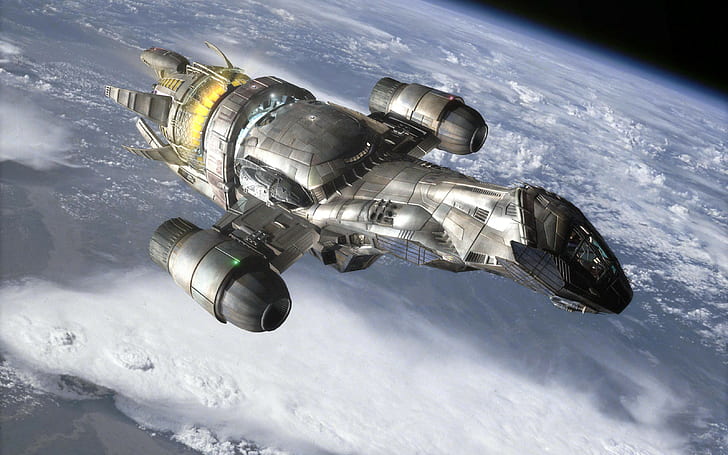
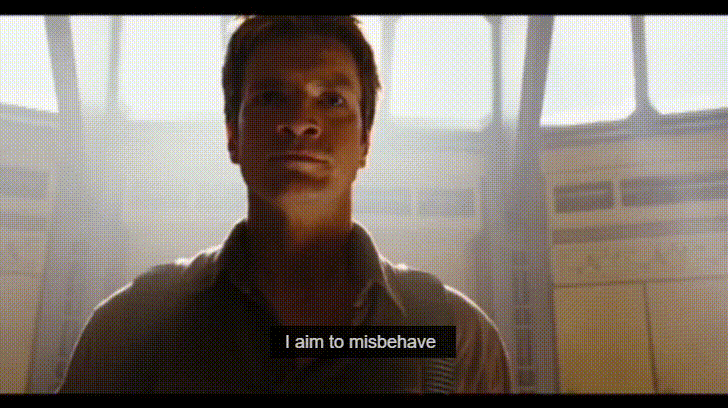
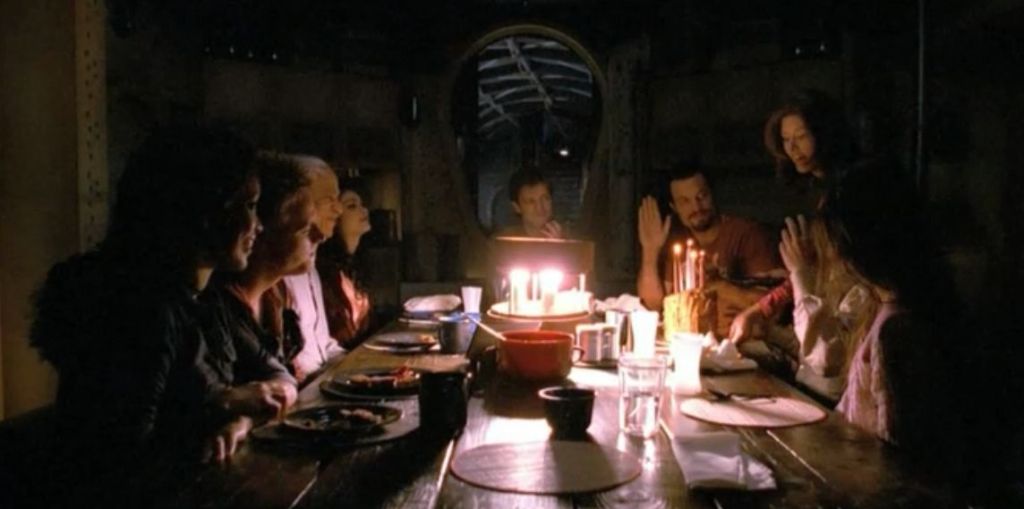



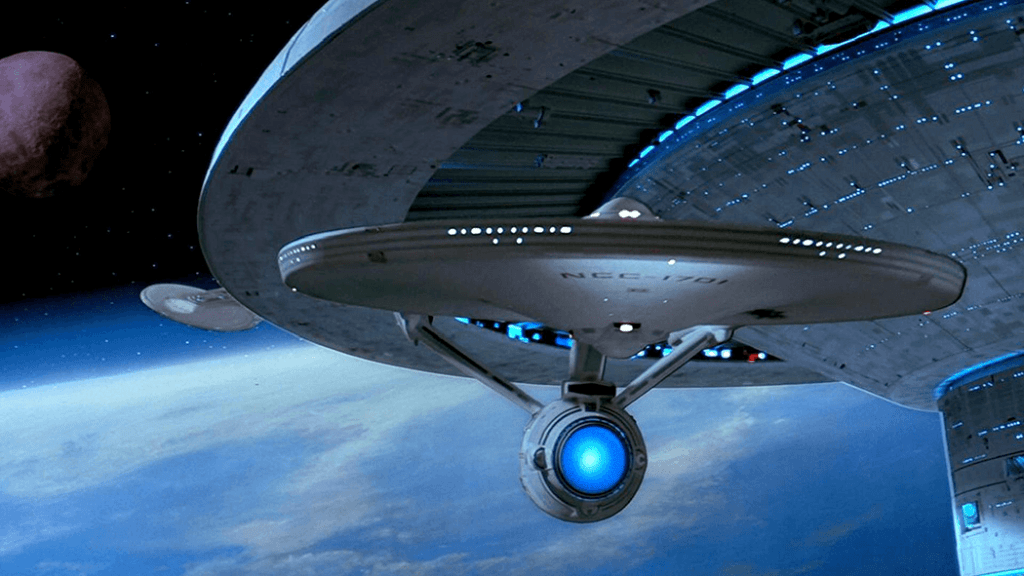
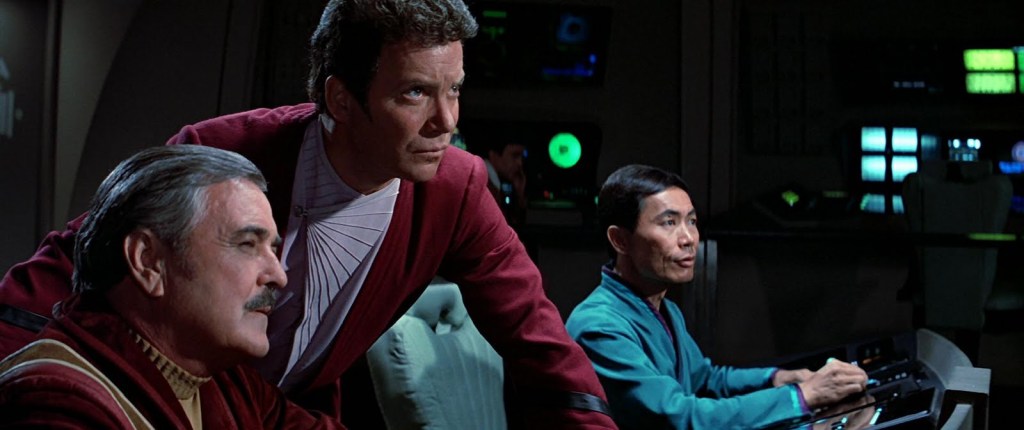

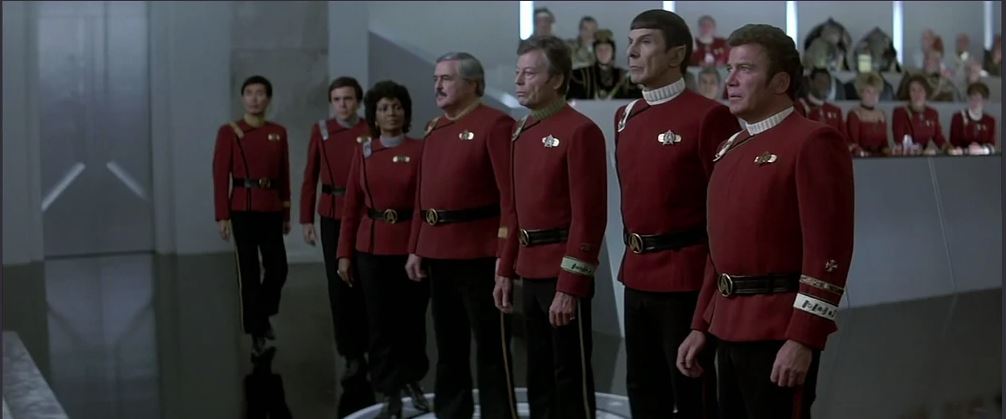

November 21st, 2022 at 12:40 am
[…] November 20 […]